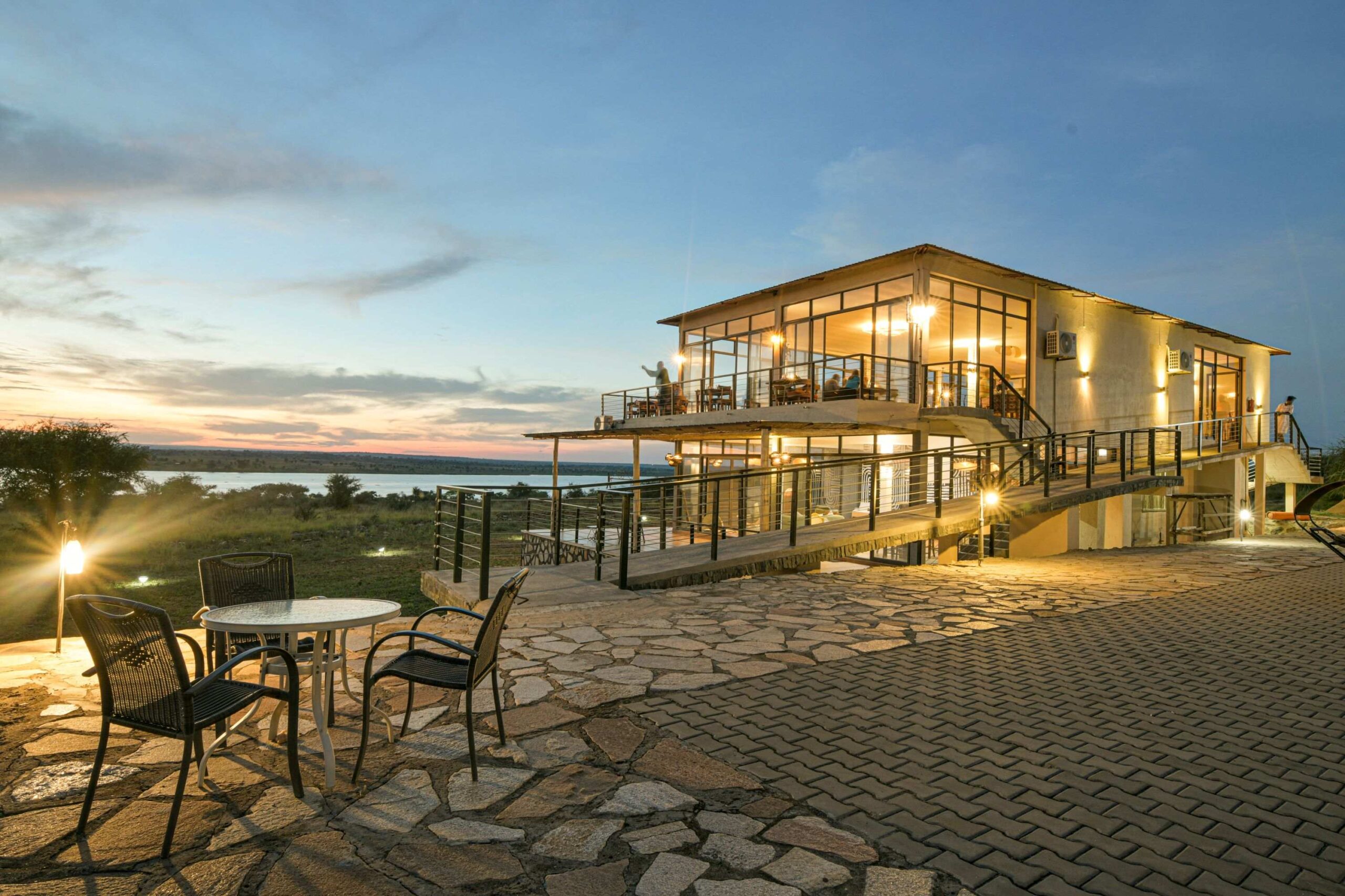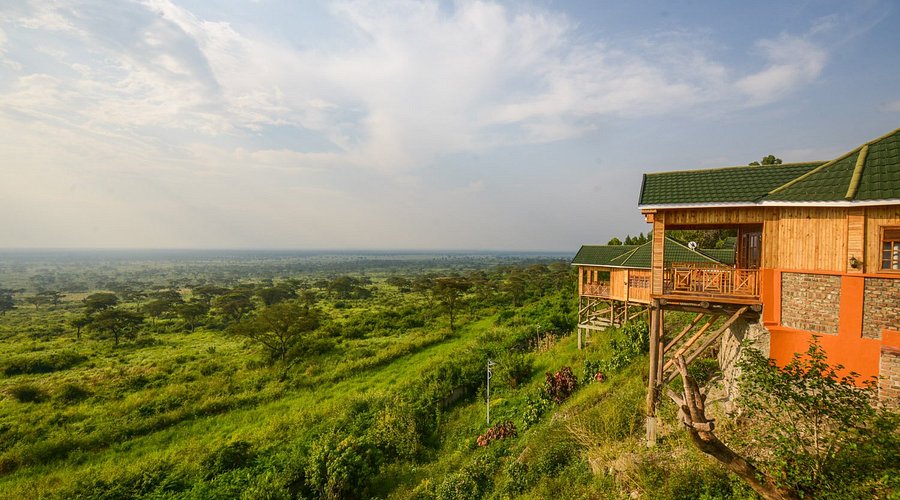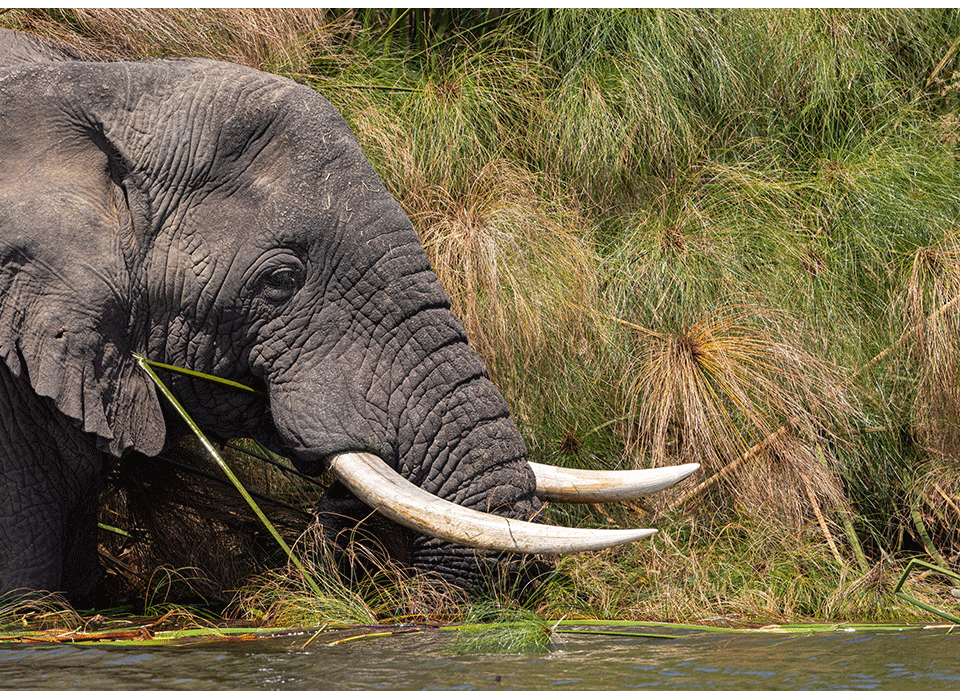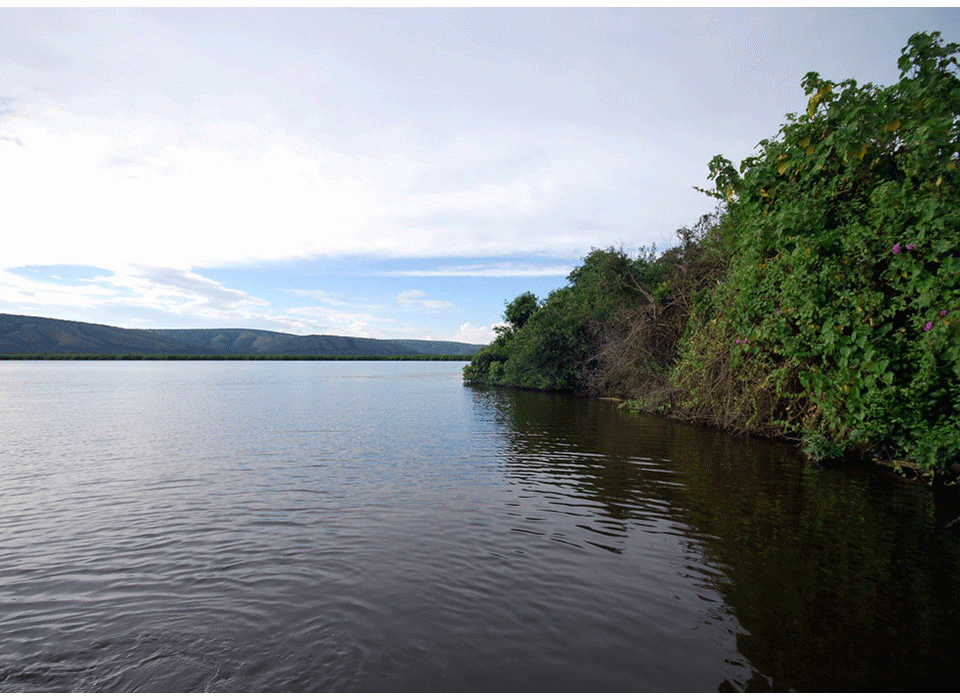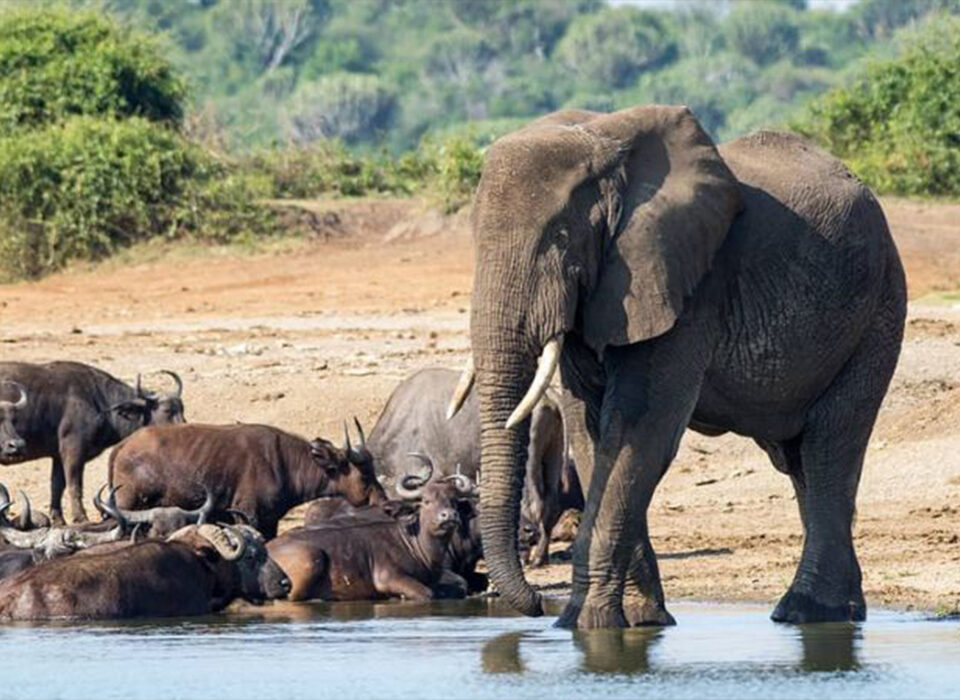How Strong Is Wi-Fi in Lodges?
When planning a safari or nature retreat in Africa, one of the most frequent questions travelers ask-more often than ever in today’s connected world-is: How strong is Wi-Fi in the lodges? Whether you work remotely, post pictures from your gorilla trek, or stay in touch with loved ones at home, good access to the internet is becoming an integral part of modern travel. Yet, in countries like Uganda, Rwanda, Kenya, and Tanzania, where many of these lodges are deep within national parks and conservation areas, internet connectivity can be vastly different.
If you’ve ever wondered whether you’ll be able to post your breathtaking lion photos in real time or check emails while overlooking the savannah, this guide will tell you exactly what to expect.
Wi-Fi in Safari Lodges: An Explanation
First, one needs to realize that safari camps and lodges are not typical city hotels. Many of these camps are situated in remote, wild environments-by design-to give guests the real experience in nature. These areas are often far away from urban infrastructure, let alone power lines and fiber-optic networks. Because of this, most lodges rely on satellite internet, mobile broadband, or Wi-Fi powered by cellular data hotspots.
In major towns like Kampala, Entebbe, Arusha, or Nairobi, you can expect strong, consistent Wi-Fi comparable to that in Western hotels. But as you venture into the heart of the wilderness, connectivity becomes more limited. Lodges in places like Bwindi Impenetrable Forest, Queen Elizabeth National Park, Murchison Falls, or Serengeti may offer Wi-Fi, but it’s often slower and designed for basic communication rather than heavy streaming.
The Reality of Wi-Fi Strength in Safari Lodges in Uganda
The tourism infrastructure in Uganda has been growing very fast, with most lodges working on making significant improvements to give their guests access to the internet. However, because of the geography of the country, characterized by mountainous and rural landscapes, the strength of Wi-Fi varies strongly among regions.
1. Entebbe and Kampala (Strongest Connectivity)
Wi-Fi is reliable and fast both in Entebbe and Kampala, the urban centers of Uganda. Most hotels, guesthouses, and cafes offer free high-speed internet. You are able to stream videos, upload huge files, and make video calls without difficulties. Many travelers don’t face any problem keeping themselves connected either before or after the safaris.
2. National Parks (Moderate to Limited Wi-Fi)
Once inside the national parks, where the lodges are nestled amidst bountiful wildlife and dense forests, connectivity becomes less consistent. Often, lodges are far away from mobile towers, and power fluctuations can affect Wi-Fi stability.
For instance,
Bwindi Impenetrable Forest: Wi-Fi may be slow or intermittent due to the thick canopy and mountainous nature of this area. While some lodges, such as Buhoma Lodge and Gorilla Safari Lodge, offer Wi-Fi in their common areas, it often weakens in the guest rooms.
Queen Elizabeth National Park: Lodges near Mweya or Kasenyi enjoy relatively better network coverage due to proximity to Kasese town. You can usually check your emails and social media, but streaming or uploading high-resolution photos might be slow.
Murchison Falls National Park: The lodges herein rely mostly on mobile networks such as MTN or Airtel. While many have Wi-Fi, it depends on the weather and location.
Kidepo Valley National Park: This most northern park of the country provides some of the wildest scenery in Africa, but it is also one of the least connected. Many lodges here have weak or no Wi-Fi; they instead focus on the true wilderness experience.
3. Lake Bunyonyi, Jinja, and Fort Portal (Moderate to Strong Wi-Fi)
Places like Lake Bunyonyi, Jinja, and Fort Portal are semi-urban and fairly well-connected. Many of the lodges and resorts here have decent Wi-Fi, which is often powered by 4G mobile data or fiber connections. Normally, you can upload your travel photos, handle remote work, and even make video calls.
What to Expect in Terms of Wi-Fi
Most safari camps provide free Wi-Fi in the reception area, the bar area, or the dining area-not inside a guest room. This kind of set-up saves bandwidth, allowing many guests to also have access. The speed usually is from 1 Mbps to 10 Mbps depending on the region and network provider.
Common characteristics of lodge Wi-Fi
Coverage Areas: Wi-Fi is usually strongest around the main lodge building and weakest in guest cottages.
Speed: Suffice it to say it’s good for messaging, browsing, and sending photos, but not ideal for heavy streaming and/or video conferencing.
Outages: There could be temporary outages due to power cuts, storms, or network congestion.
Time Limits: Some lodges do limit Wi-Fi hours to conserve energy, especially those powered by solar or generators.
What Affects Wi-Fi Strength in Safari Lodges
A number of factors determine whether the Wi-Fi signal during your safari stay is strong or weak.
1. Geographical Location
The more remote the lodge, the more difficult to get access to stable connectivity. Isolated lodges deep inside a forest or valley have challenges that include physical obstructions and big distances from the towers.
2. Energy Source
Where lodges rely on solar power or generators, Wi-Fi may be switched off at night to save energy. In contrast, lodges connected to the national grid or with hybrid systems can keep their routers on 24/7.
3. Network Provider Coverage
In Uganda, MTN and Airtel provide the widest coverage, though the latter still suffers from patchy signal strength across different regions. Some lodges have dedicated mobile routers on these networks that distribute Wi-Fi.
4. Weather Conditions
Weather conditions like heavy rain, fog, or storms can temporarily disrupt satellite or mobile internet connections, especially in highlands like Bwindi or Mgahinga.
5. User Load
When many guests connect at once, speeds drop. This is particularly the case during the peak evening hours when Wi-Fi slowdowns make it difficult for everyone to upload photos or check messages.
How to Stay Connected During Your Safari
If you rely on internet access heavily, either for work, blogging, or just staying in touch, here are a few ways to make connectivity easier while traveling in Uganda:
1. Buy a Local SIM Card
One of the easiest ways to stay connected in Uganda is to purchase a Ugandan SIM card with a data plan. Providers such as MTN and Airtel have fairly affordable SIM cards available for sale at Entebbe Airport and at major towns. You’ll need to show your passport for registration.
The mobile data coverage in Uganda is actually very good. You will even get 3G or 4G signals in many of the national parks, enough for browsing, social media, and messaging apps like WhatsApp. A wise thing to do would be to buy at least 10-20 GB of data for a week-long safari.
2. Using a Mobile Wi-Fi Hotspot
Travelers who require many devices to be connected can rent or purchase a MiFi, a mobile Wi-Fi device. It serves as a personal router utilizing a SIM card to establish a private, portable Wi-Fi network with your phone, tablet, or laptop.
3. Download Content in Advance
If you intend to work or be entertained during your free time, download your files, maps, music, and movies before heading to remote areas.
4. Leverage Wi-Fi in Lodges Judiciously
Since lodge Wi-Fi is often strongest early in the morning or mid-day when fewer guests are online, use those times for uploading photos or checking emails.
5. Employ Offline Working Applications
Apps like Google Maps, WhatsApp-for voice notes, and Google Translate can be utilized offline, pre-loading data in order to minimize the constant need for the internet.
The Wi-Fi vs. Wilderness Balance
While some travelers value staying connected at all times, others will embrace a limit on Wi-Fi as a blessing. One of the most profound joys of an African safari is not only the ability to disconnect with the digital world but also reconnect with nature. The sounds of rustling trees, roaring lions, and chirping birds replace the endless pings of notifications.
Most of the lodges consciously retain minimum access to the internet so that being among the woods can be mindful and intensely experienced. It’s not uncommon to see guests at a lodge bar chatting under lantern light instead of staring at their phones. For photographers, writers, and nature lovers, this digital detox can be both refreshing and inspiring.
What to Expect by Lodge Type
Different categories of accommodation offer different Wi-Fi experiences:
Luxury Lodges: Most have reliable Wi-Fi in communal areas and sometimes in rooms with moderate speeds, powered by advanced satellite or fiber connections.
Mid-range Lodges: Offer decent Wi-Fi in main areas, though some slowdowns and brief outages are possible.
Budget Camps: May have no Wi-Fi or offer limited access for a small fee. Adventure is the theme, rather than amenities.
Some of the high-end properties in Uganda have invested in stronger connections for their guests; these include Mweya Safari Lodge, Baker’s Lodge, Clouds Mountain Gorilla Lodge, and Lemala Wildwaters Lodge.
Should You Rely on Hotel Wi-Fi?
If your trip involves light browsing, uploading pictures, or checking social media, lodge Wi-Fi will do the job. Still, if your work depends on uninterrupted online meetings or uploads of big files, it is worth having a backup, such as mobile data or portable Wi-Fi.
Remember, part of what makes safari travel special is its ability to pull you away from the constant demands of digital. Enjoy the moments you’re offline; this is generally when the magic of Africa unfolds most poignantly.
How good is Wi-Fi in the lodge?
It all depends on where you stay. You can expect fast, modern Internet in cities and towns, while in remote safari lodges, the Wi-Fi tends to be slower, though sufficient for essential communication. While it may not support full-scale remote work or streaming, it’s usually enough to share updates, upload photos, and stay in touch when you want. Lodges in Uganda are increasingly improving in connectivity without losing their natural charm. Whether you are a digital nomad, photographer, or leisure traveler, understanding what to expect helps you prepare for both connection and disconnection.
It’s best to travel with a proficient local operator for the perfect balance of comfort versus adventure in regard to how your safari is organized and if you want a seamless experience. Experiya Tour Company provides tailor-made safaris around Uganda, staying in lodges that match your preferences, from luxurious lodges with steady Wi-Fi to off-grid escapes that help you unplug. With their attention to detail, expert guides, and flexible planning, Experiya sees to it that your Ugandan journey is as smooth online as it is offline.


